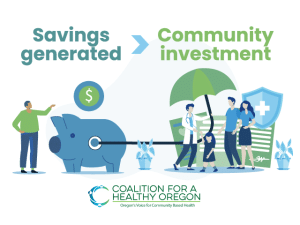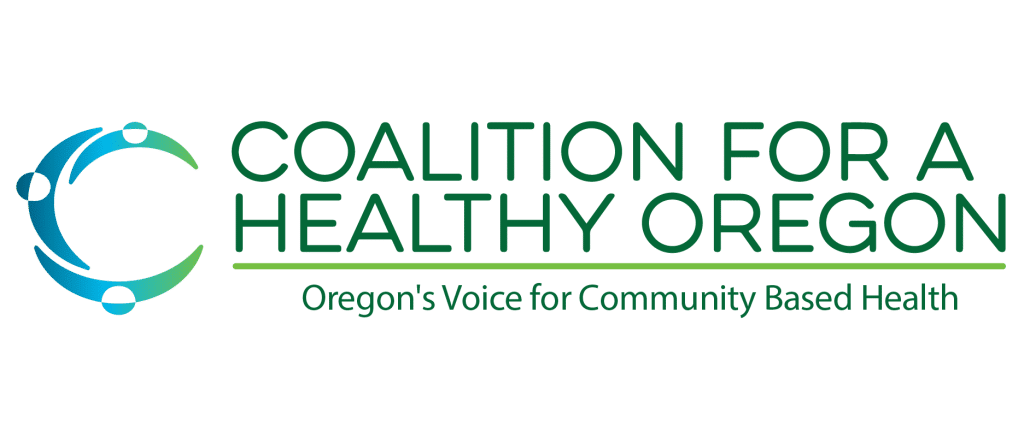What is care coordination?
CCOs have staff members known as Care Coordinators who assist members and their providers in navigating the health care system. Care Coordinators make sure no one gets left out and help remove obstacles that might prevent someone from receiving care. The personal, local support provided by Care Coordinators makes a big impact.
How does the Metrics Program enhance the quality of Primary Care?
The Oregon Health Authority withholds some of the money CCOs would normally pay to providers. This is part of the Quality Incentive Program, also known as the Metrics Program. A group of experts chooses specific quality measures (metrics) based on scientific evidence. If CCOs meet these metrics, they receive the withheld funds back.
When a CCO, working with its provider network, achieves a threshold of success on those metrics, the financial withhold is released back to the community. Most CCOs use those funds primarily to support value-based payments to health care providers. To say it another way, they are incentivizing and resourcing the activities needed to achieve the metrics.
How do CCOs reinvest savings?
 When CCOs were created, a main goal was to keep people out of the emergency department by providing better access to primary care and managing chronic conditions. The emergency department is the most expensive way to deliver health care. Before CCOs, people often ended up in the emergency department because they weren’t getting the care they needed, and their health problems got worse.
When CCOs were created, a main goal was to keep people out of the emergency department by providing better access to primary care and managing chronic conditions. The emergency department is the most expensive way to deliver health care. Before CCOs, people often ended up in the emergency department because they weren’t getting the care they needed, and their health problems got worse.
By reducing emergency department visits, CCOs save money, and they’ve been doing this successfully for the past 12 years. Another key idea of the CCO model is that these savings can be reinvested into the community. This can include funding public health initiatives, increasing access to care by hiring more providers, and improving care coordination. These investments can also go toward improving things outside of health care, like housing, the environment, neighborhoods, and transportation systems. These factors are known as the Social Determinants of Health.
Between 2020 and 2022, CCOs put more than $271 million into the social determinants of health and equity, with over $130 million invested in 2022 alone.
Visit the Governance and Stewardship of Dollars section to see examples of community investments in the social determinants of health and equity and improving health outcomes.



